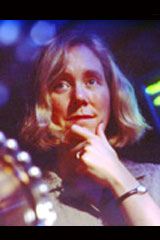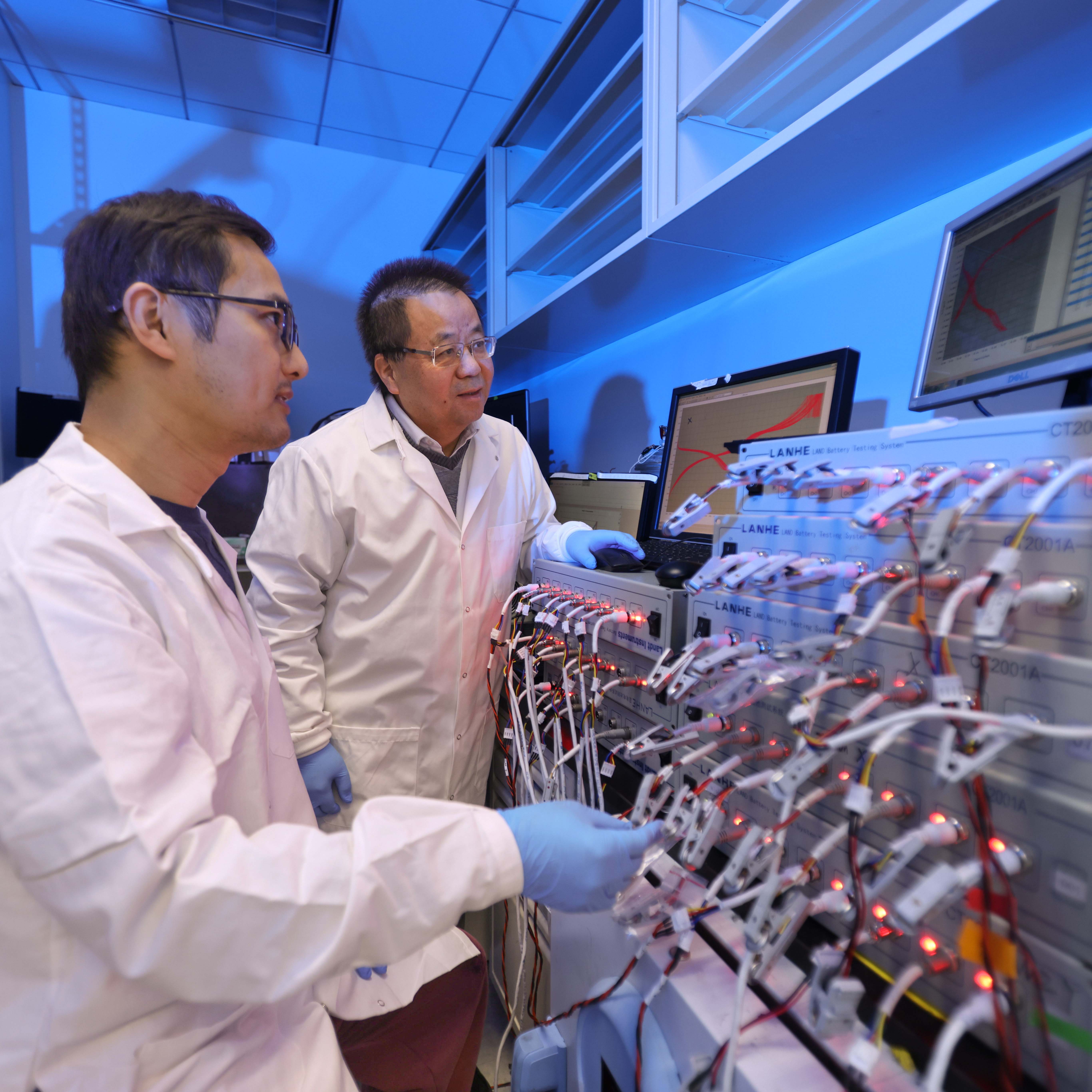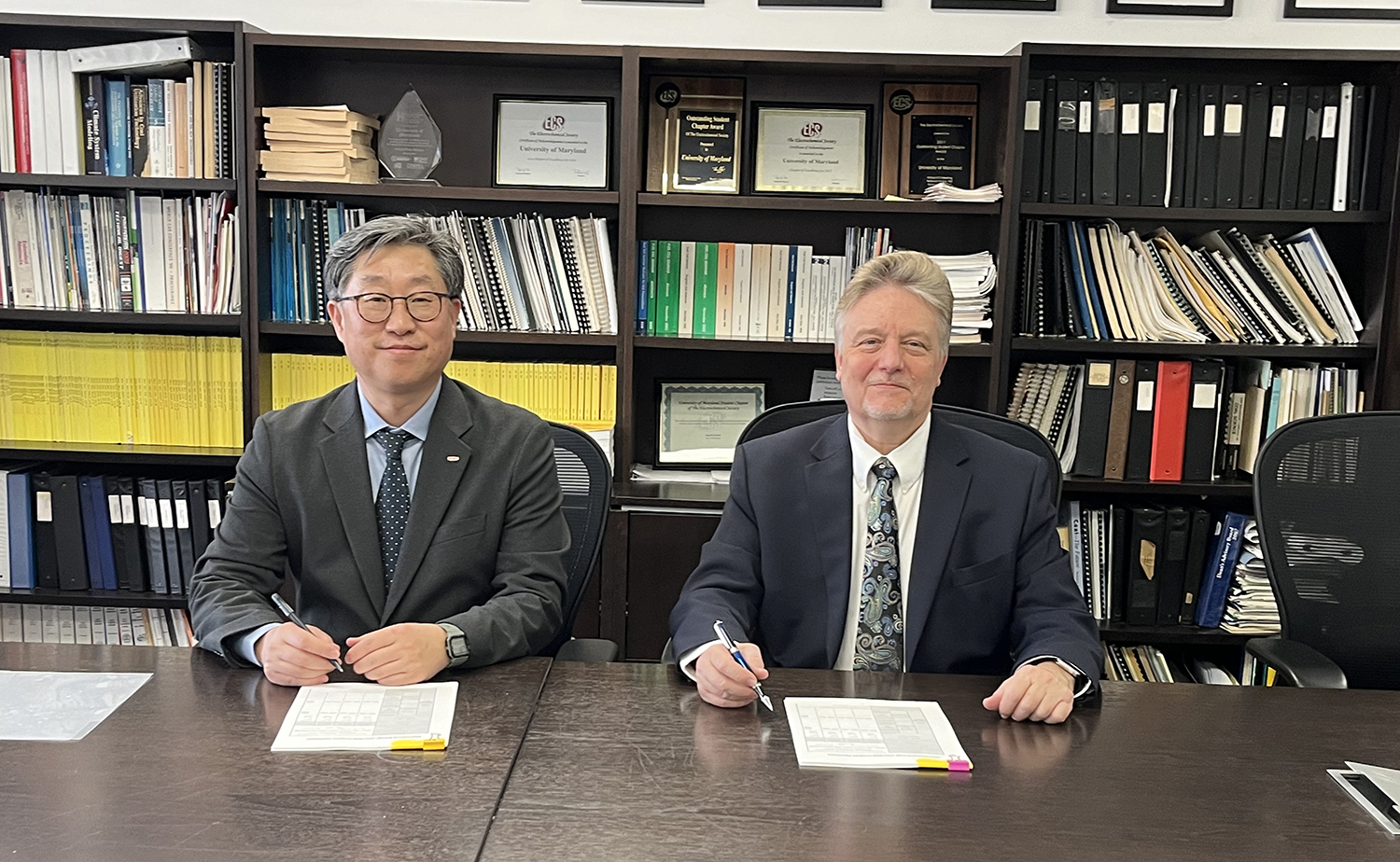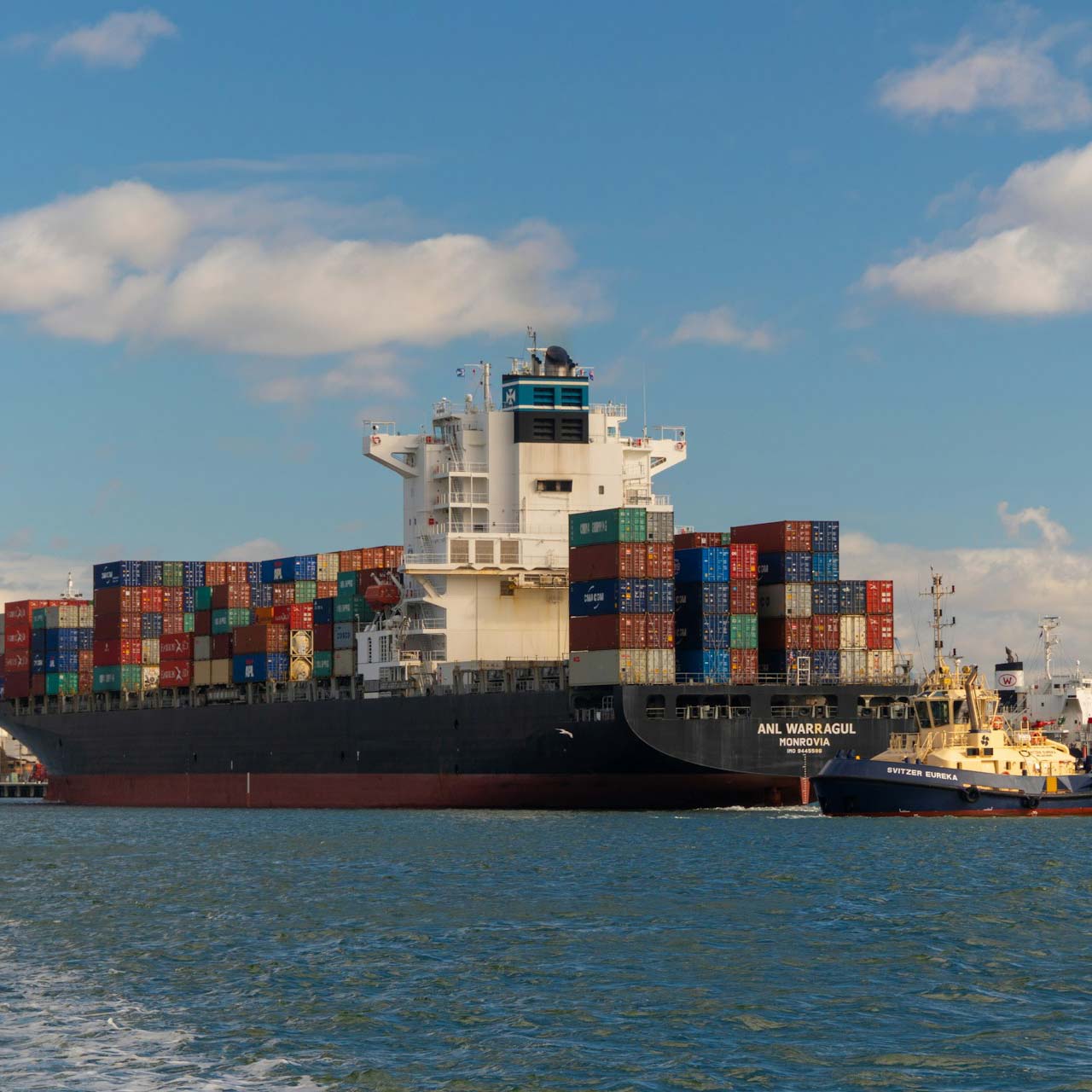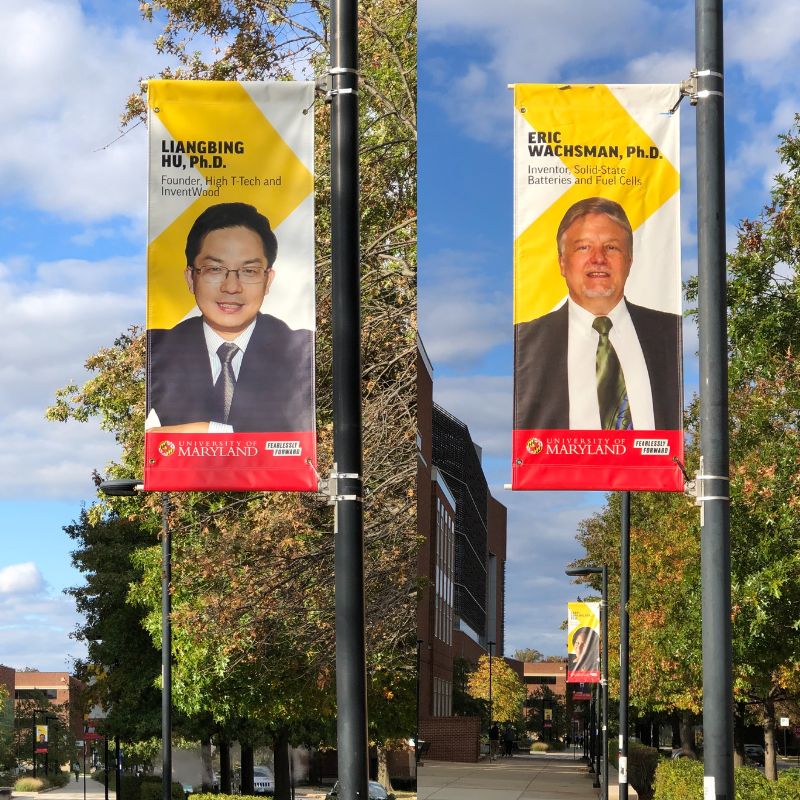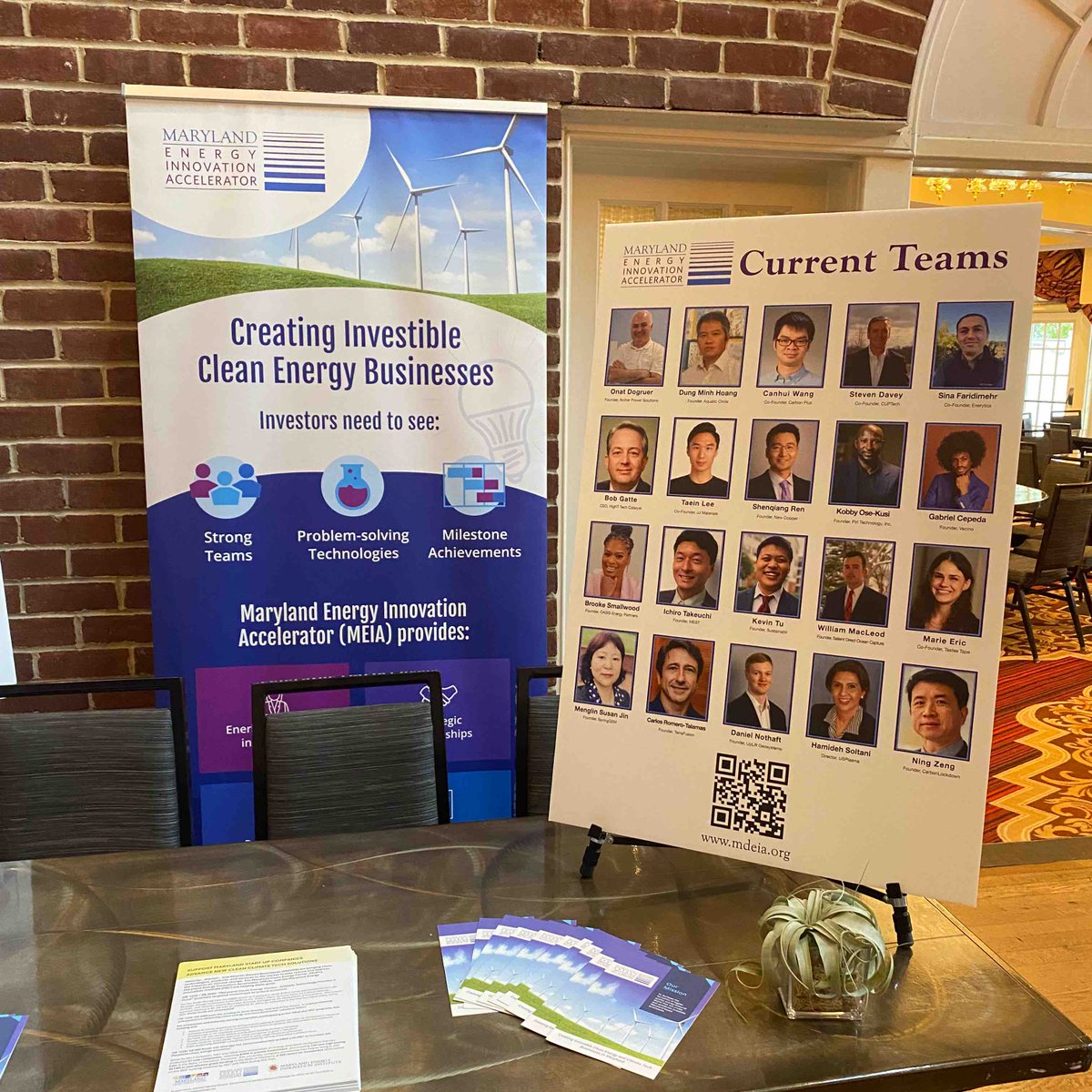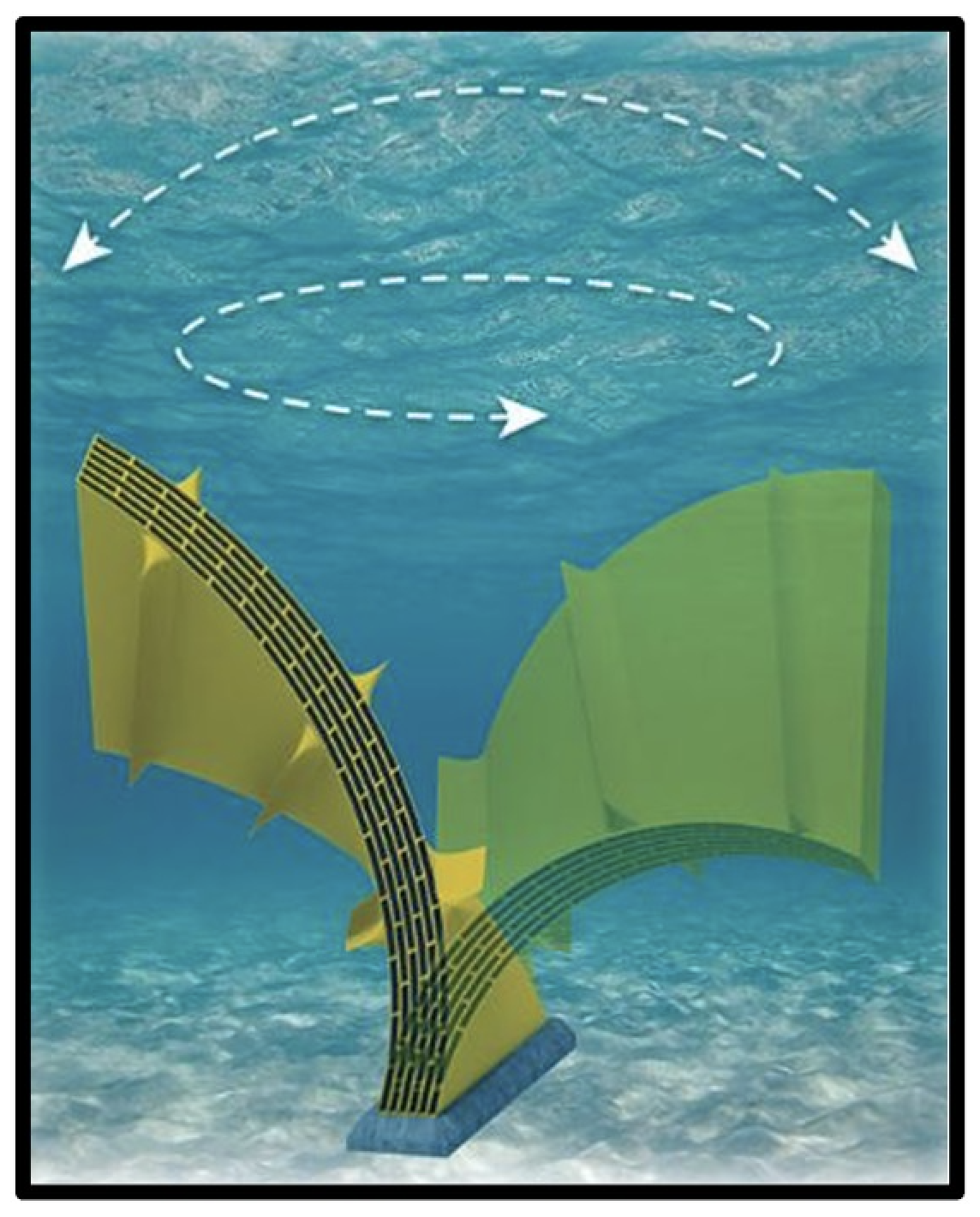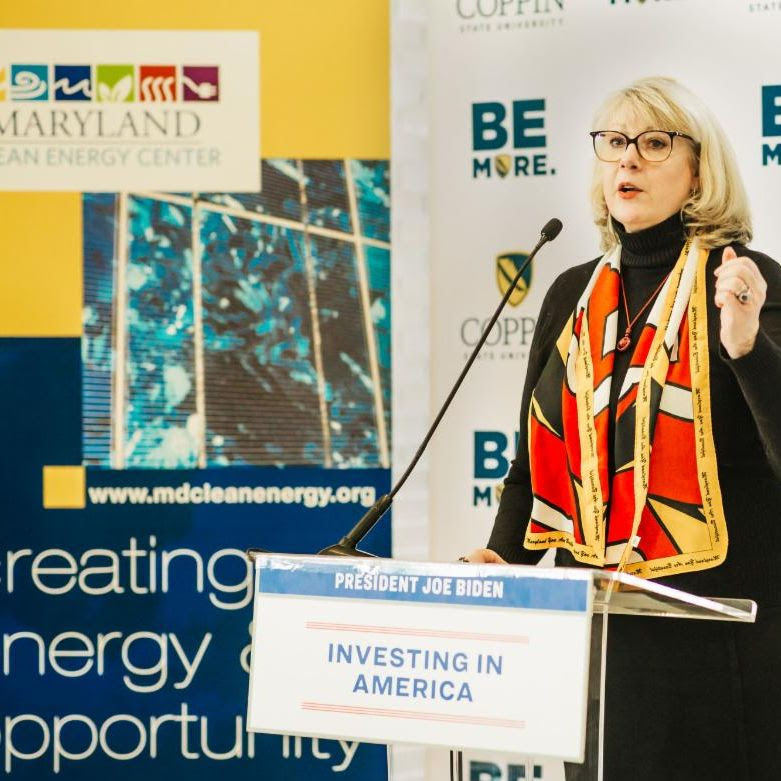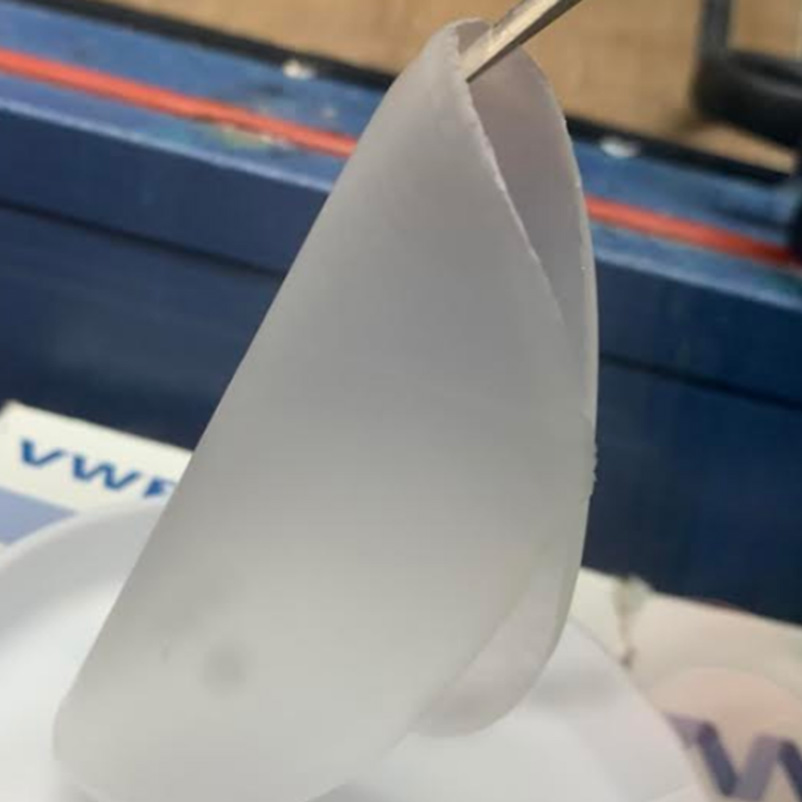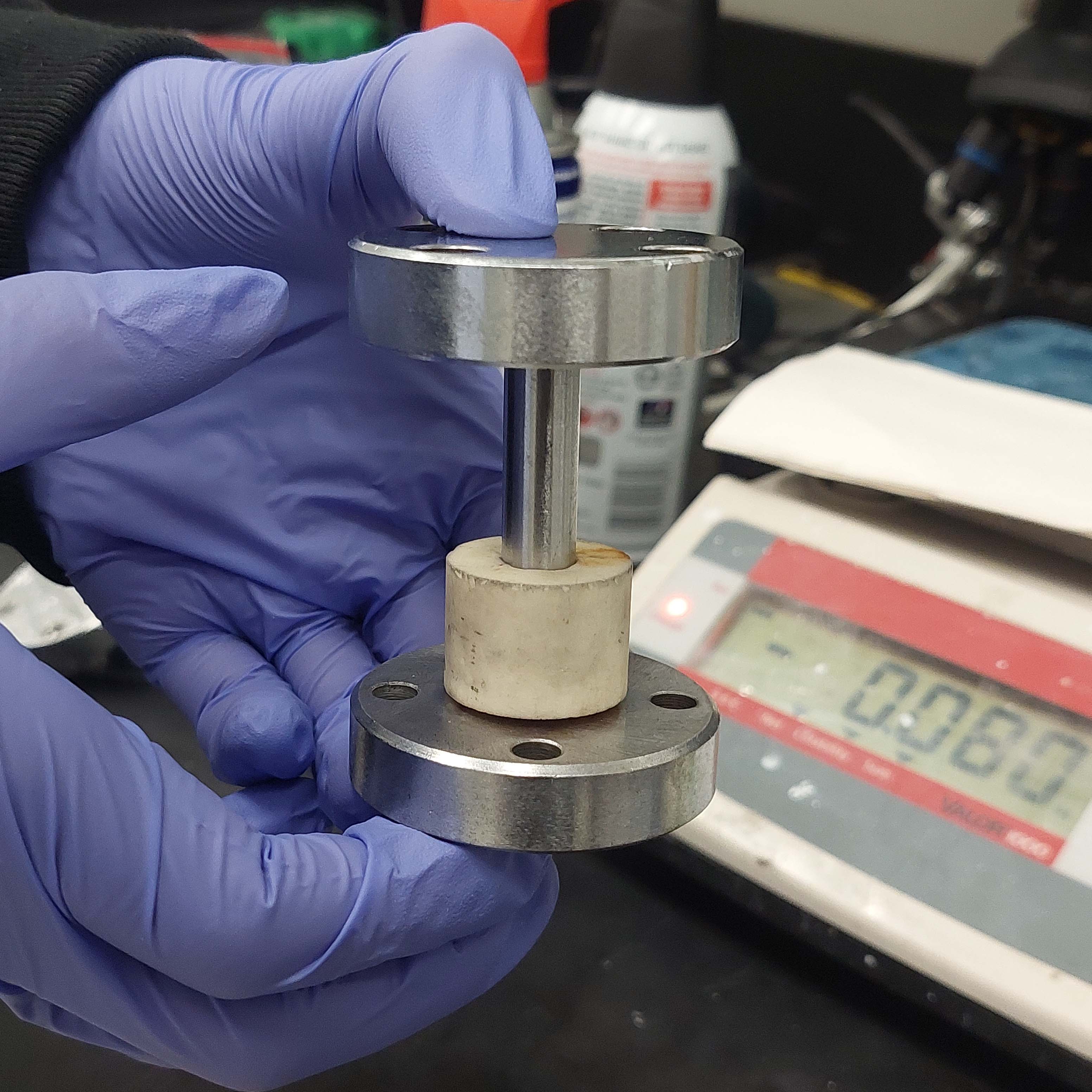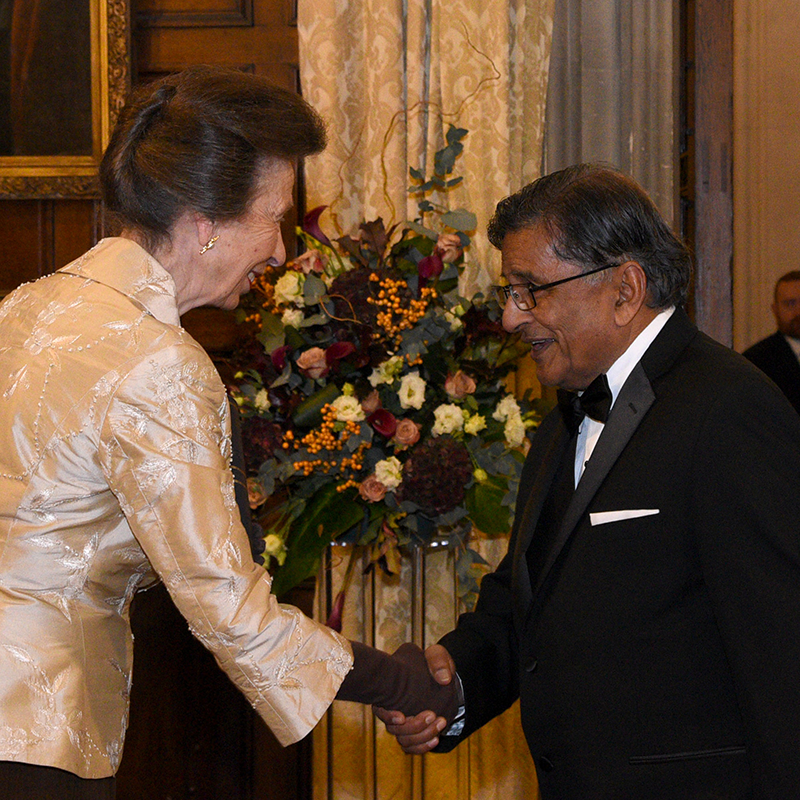News Story
Charged Nano-Membranes Could Make Resistance Futile, Florida Professor Hopes
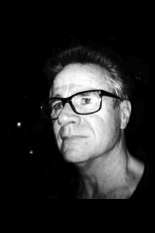
Charles R. Martin of the University of Florida will electrify UMD audiences with a talk about his latest innovation, a way to reduce resistance in electrochemical cells that he dubs "voltage-charged membranes."Martin was ranked one of the world's top 100 chemists in 2011 by Thompson Reuters for his publications' impact factor. He pioneered a powerful and versatile approach for preparing nanomaterials called template synthesis, which is now used in laboratories throughout the world.
The session will be held in the Marker Seminar Room of the Chemistry Building (0112) from 3:00-4:00pm. Light refreshments will be served at 2:30pm.
Martin's talk is jointly presented by the Maryland NanoCenter and the Department of Chemistry and Biochemistry. This session is free and open to the public.
"Electrochemistry and Transport Properties of Voltage-Charged Membranes - Mitigating the Pain of Resistance"
Abstract: In his lecture at the 2011 ACS National Meeting in Anaheim, CA, a preeminent American electrochemist made this commentary on resistance in electrochemical cells, "Resistance is a pain in the a**." What the good professor meant is, whether the cell is galvanic (a battery) or electrolytic (metal plating), cell resistance wastes energy. A major component of that wasteful cell resistance is resistance to ion transport in the electrolyte (liquid or solid) within the cell.
In my talk, I will discuss a new concept - called voltage-charged membranes – for lowering the resistance in membrane separators for electrochemical cells. Voltage-charged membranes are made of electronically conductive materials (metals, carbons) that are porous. We have shown that these membranes can be charged electrochemically, and that this applied electronic charge causes ions of opposite charge to accumulate in the pores. This causes the ionic strength of the solution within the pores to go up and the resistance of the membrane to go down. Recent results on this, and related experiments where excess surface charge alters the transport properties of such membranes, will be discussed.
|
Location: |
Marker Seminar Room, Chemistry Building |
|
Date: |
Friday, March 1, 2013 |
|
Time: |
3:00 -4:00 PM |
Published February 25, 2013
